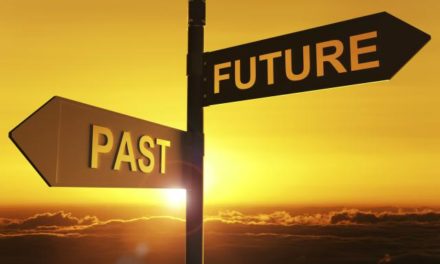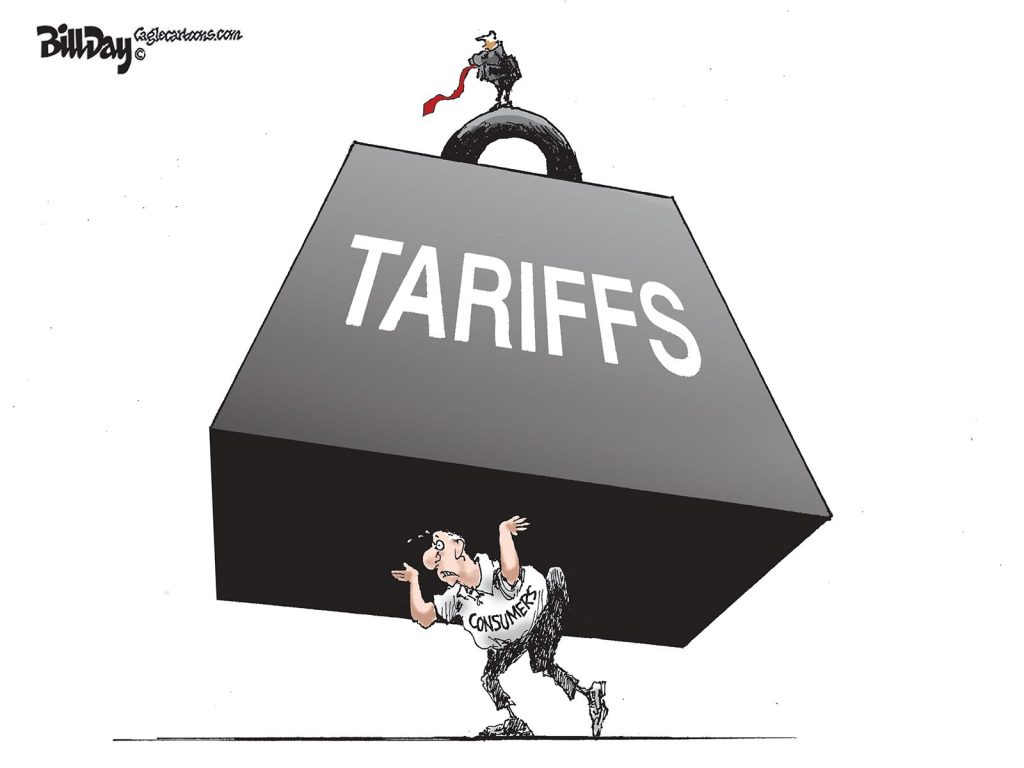David Williams is president of Leadership Memphis:
I think the problem most people have with developing a list of hopes for Memphis is feeling overwhelmed with the potential length of such a list. For those that see the Memphis glass as half full, there is a long list of opportunities to pursue, such as the plan put together by Memphis Fast Forward. For those that see the Memphis glass as half empty, they probably feel like they don’t have enough paper on which to make a list.
So, prioritization becomes important, largely in part due to the limited resources most communities, including Memphis, have available to bring hopes to life. Lack of resources requires prioritization. Prioritization is complex because in the community everything is so interconnected – like spaghetti. You can’t touch one thing without touching so many others.
If there one was hope I have for Memphis it is to make better decisions. There are so many forces at work that challenge Memphis and its hopes – but the ability to make good decisions is what we expect from good leaders. How can we make better decisions?
• Insist on data-driven decisions. Not every good decision can be based totally on data, but Memphis tends to completely ignore data when making decisions. The inclination to ignore data and make decisions based on whims and influence often lead us down the wrong path.
• Encourage constructive public discourse about things that matter. The inability of citizens to have constructive open discussion cripples most efforts to address or solve pretty much anything we might want to do.
• Advocate for inclusivity. The tendency for solutions to be left to a small group of leaders instead of including people from throughout the community often results in less than optimum outcomes, and has trained many citizens not to participate.
• Don’t settle for mediocrity. If we want a great city, let’s have a great city. Let’s not make decisions that result in a Memphis that is mediocre.
• Elect the best leaders. Although not all, many of the decisions regarding the challenges and opportunities we have in Memphis are made by elected officials. Let’s be sure to know who we are voting for, what they think about the issues, and then work to get the best leaders elected. Without that, we will be making a hope list every year without much hope of anything changing.
All that said, here is one attempt to identify another kind of Hope List for Memphis. If I were to do this tomorrow, it might be a different list. But here goes, based on approaching such a list from multiple approaches – ranging from “stop the bleeding” to “start the weeding.”
BLEEDING
Stop the bleeding – the urgent items that are undermining everything else Memphis tries to do.
• Crime
• Poverty
• City revenue system
NEEDING
Focus on the basics any city needs to be successful – and to make Memphis a community of choice for people to WANT to live.
• Great public schools
• Clean and beautiful city with a sense of place
• Effective city services with a reliable public transportation system
FEEDING
Insist on advancing opportunities that will feed and nurture Memphis as a successful city.
• College graduation rates
• Early childhood development
• Workforce development/Updated PILOT program
SEEDING
Use the city’s long recognized tradition of entrepreneurship to seed truly creative and innovative opportunities for Memphis.
• First majority African American metropolitan area in US
• Largest K-12 population – future workforce
• Green and sustainable initiatives – anchored by Shelby Farms Park
WEEDING
Stop what isn’t working and put those resources to work on something that is proven to work.
• It would be prudent to review such opportunities carefully and not list them carelessly



